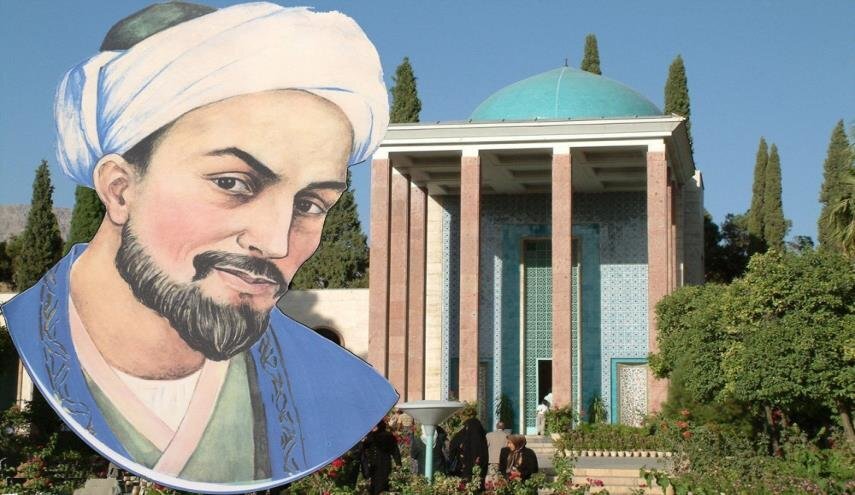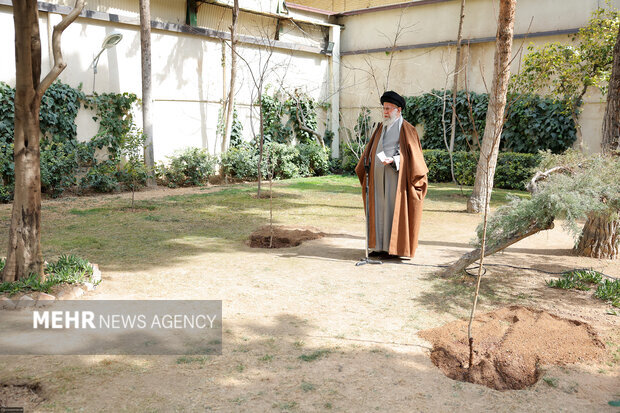Being one of the most prominent Persian poets in the history of Iran, Abu Muhammad Mesla Al -Din bin Abdullah Shirazi, known as his pen Sadia, was born in Shiraz around 1200 and died around 1292.
Al -Saadi is widely recognized as one of the greatest poets of classic literary traditions, which makes him the title of “The Wordsmith” among Persian scientists. It was also transferred in Western traditions.
He is very recognized for the quality of his writings and the depth of his social and moral ideas.
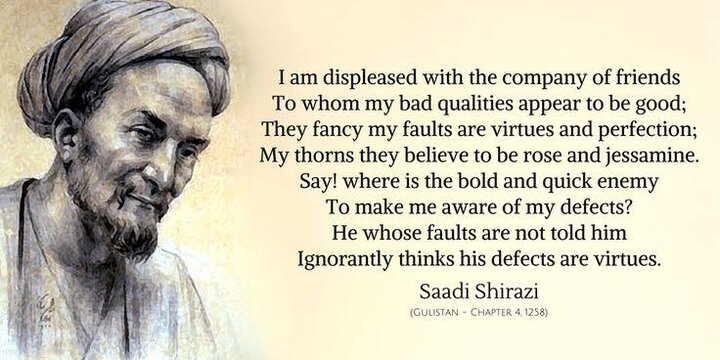
Saadi was born in Shiraz around 1200. He died in Shiraz around 1292. He lost his father in early childhood. With the help of his uncle, Saadi completed his early education in Shiraz. Later, he was sent to study in Baghdad at the famous New Nezamiye College, where he gained traditional learning of Islam.
The unstable circumstances that followed the Mongol invasion of Persia led to wandering abroad through Anatolia, Syria, Egypt and Iraq. He also indicates his work to travel in India and Central Asia. Al -Saadi is very similar to Marco Polo, who traveled in the area from 1271 to 1294. When he returned again in his homeland, he was an elderly man. He spent the rest of his life in his hometown until death.

His best known works are Bustan (The Orchard) and GOOLESTAN (The Rose Garden). Bustan is completely in the verse (epic counter) and consists of stories that are appropriately explaining the standard virtues recommended for Muslims (justice, freedom, humility, contentment). Ghulistan in prose mainly and contains personal stories and tales. The text permeates a variety of short poems, which contain proverbs, advice, and humorous repercussions.
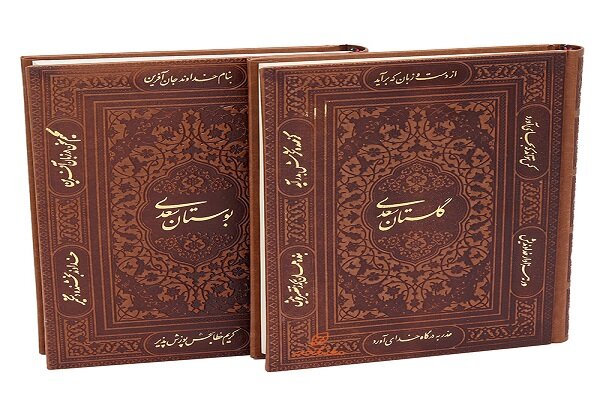
Humor plays an important role in Al -Saadi’s works. We can find the distinctive roots of the poet’s thought and point of view. Al Saadi Shirazi’s poetry is full of death and Esprit.
It prevents the dullness of his poems using humor. This way, Saadi made his hair more influential and effective.
The children of Adam, meaning “the sons of Adam” or “human beings”, is the name of a famous poem by the Persian poet Al -Saadi Shirazi from Julistan:
Humans are members of all
In the creation of one essence and spirit
If one of the members has pain
Other uncomfortable members will remain
If you do not have any sympathy for human pain
The human name that you cannot keep. “
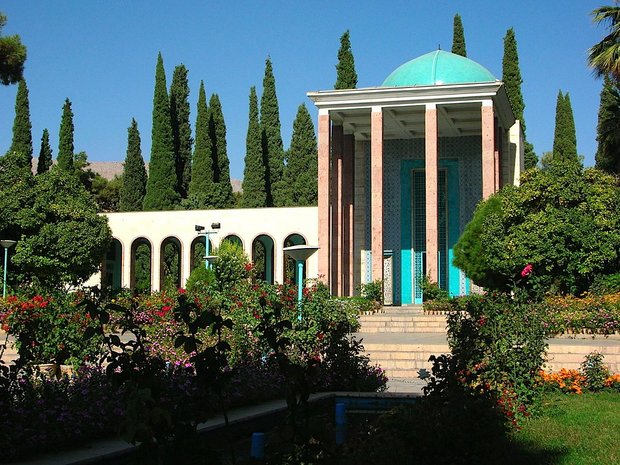
Al -Saadi’s tomb is located in southern Shiraz. His shrine, also called Saadieh, is one of the main tourist attractions in Iran.
The grave was first built in the thirteenth century. However, after its destruction in the seventeenth century, it remained not even touched the current building in the fifties.
Several Persian elements have been used in their structure. It is also a national heritage site.
Every year, a number of writers and scholars from all over the world gather in the shrine on April 20 to celebrate the great Persian.
Mukahisi informed to Ravan
